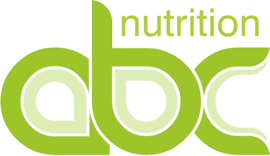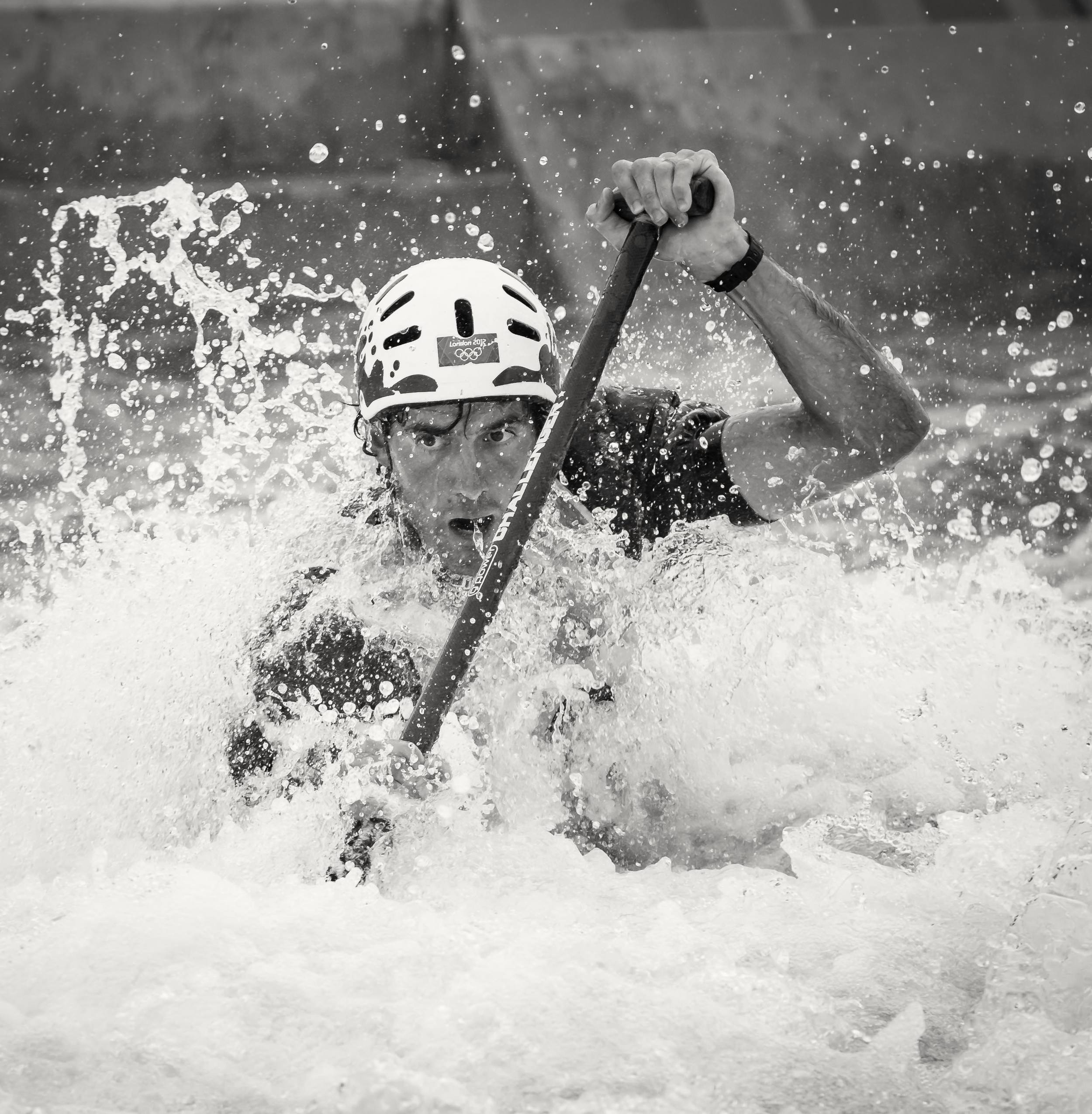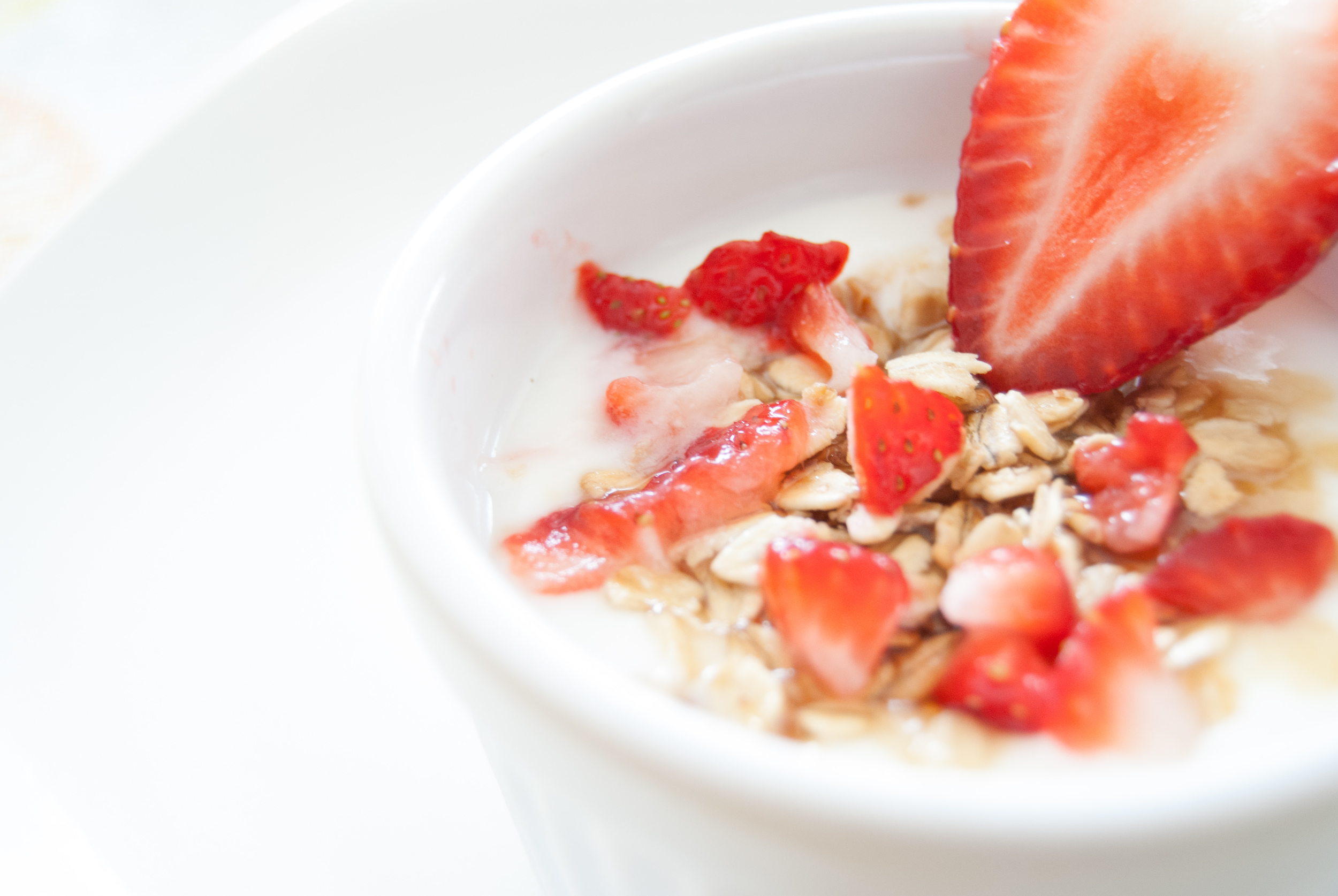Nutrition and exercise
What to eat and drink when you're exercising
Exercise is an essential part of any well balanced healthy lifestyle. To ensure you get the full benefit of your workout it is important to have a healthy balanced diet, eating the right foods and fluids to meet your training requirements. Good nutrition before, during and after exercise will help you to achieve your physical goals as well as making sure you enjoy the experience to the fullest.
Eating and drinking before exercise
It is important to start exercise well hydrated as this will lower your risk of becoming dehydrated during or after your exercise session. It is recommended to get to know your fluid losses during exercise by weighing yourself before and after to see how much fluid you have lost. An approximate guide is 1kg of weight lost = 1litre fluid lost, from this you can put together your fluid requirement plan.
Eating before exercise can assist with performance and it is important to have enough fuel in the form of carbohydrate (or glycogen stores) in the muscles and liver to fuel the muscles during exercise and help maintain blood sugar levels. This becomes very important during long training sessions and endurance events.
Carbohydrate requirements depend on your activity levels and how often you exercise. Eating a carbohydrate snack or meal before exercise will also help with mental ability as well as physical performance.
It is important that you feel comfortable and confident before training, as well as avoiding hunger or discomfort. Having a meal 2-3 hours prior or a snack 1-2 hours before is ideal for most people.
Ideal food options before exercise are:
High Carbohydrate, low fat foods that are easy to digest and are well tolerated such as:
- Breakfast cereal, low fat milk and fruit
- Toast with baked beans or spaghetti
- Rice or pasta dishes with tomato based sauce
- Banana or salad sandwiches
- Fruit salad and yoghurt
- Homemade smoothie with low fat milk, yoghurt and fruit.
PLUS an adequate amount of fluid to start exercise well hydrated.
Eating and drinking during exercise
For most people, if training is an hour or less, fluid replacement is the main nutritional goal. Water is ideal and usually enough for you to perform well and avoid dehydration. It is important to take every opportunity possible to drink during your exercise session. The aim of fluid intake during exercise is to match fluid lost. Usually around 200-300ml every 10-15 minutes suits most people.
During exercise the main fuel used by your body comes from carbohydrate, in the form of muscle and liver glycogen, as well as fat. If exercise is longer than 1 hour you may benefit from consuming some carbohydrate, as well as fluid, depending on the intensity and duration of exercise as well and the environmental conditions. The benefits are to keep blood glucose levels high, help brain function and decision making as well as replenishing glycogen stores.
During prolonged exercise, over 90 minutes, glycogen reserves are fully utilised and you will need to top up your glycogen stores with easily absorbed forms of carbohydrate. Fatigue can often be due to inadequate fuel supplies and a carbohydrate intake of 30-60gm/hour is suitable for most people. Sports drinks can be beneficial during prolonged exercise as they provide carbohydrate to help replenish glycogen stores, electrolytes to replace those lost in sweat as well as fluid. It is a good idea to start refuelling early on in the training rather than waiting until glycogen reserves are depleted. For those exercising under 90 minutes, water is the best choice to rehydrate - no sports drinks are necessary.
Some ideal carbohydrate options during prolonged exercise (> 90 mins) are:
- sports drinks
- sports gels
- fruit juice or soft drinks
- sports bars or muesli bars
- bananas
- confectionary
As the duration of the exercise increases there may be more opportunity for inclusion of solid carbohydrate foods, as well as foods to replace protein and salt losses, especially in endurance events over several hours.
Eating and drinking after exercise
During training you are likely to have lost fluid from sweating, exhausted your muscles and used fuel stores. Recovery after exercise does depend on the type; intensity and duration of training you have done as well as time in-between exercise sessions. It is important to have the right nutrition to help your body recover and repair itself so you are ready for your next training session. Three key areas to focus on are:
- Rehydration and replacing electrolytes lost in sweat. It is likely you have lost more fluid than you have replaced during exercise, especially if training in hot humid conditions. Aim to replace 1.5 times your body weight lost, with water to fully hydrate. Avoid alcohol immediately after training to allow for the body to recover.
- Refuelling the body’s glycogen stores in the muscle and liver with adequate carbohydrate so you are ready for the next training session . Aim to have around 50-100gm carbohydrate as soon as possible after training to speed up recovery.
- Repair of the muscles with adequate protein to reduce muscle breakdown and promote recovery. Aim for 20-30gm protein soon after training.
If there is sufficient time between training sessions the next meal may cover all these options but if this is not practical a recovery snack may be required. It is ideal in most cases to have a meal or snack within 1hr of training to optimise recovery. In most cases a combination of carbohydrate and protein, especially with high intensity resistance training, is indicated.
Post-training snacks
Ideal Carbohydrate and protein snacks for recovery include:
- Fruit smoothie made with milk, banana and yoghurt
- Fruit and yoghurt
- Creamed rice
- Muesli bar and yoghurt
- Breakfast cereal with milk and fruit
- Sandwich with protein filling such as meat, egg, cheese, chicken or fish.
- Baked beans on toast
- Tuna and crackers
- Chicken pasta or noodle salad.
Exercise can also suppress the immune system for a period of time after a workout so it is important to make sure your overall diet is well balanced including plenty of fruit and vegetables and whole grains.
It is important to tailor your diet and overall menu to meet your specific training needs, become familiar with it and find a plan that works well for you. This will ensure that you get enjoyment and the full benefits from your exercise programme.



